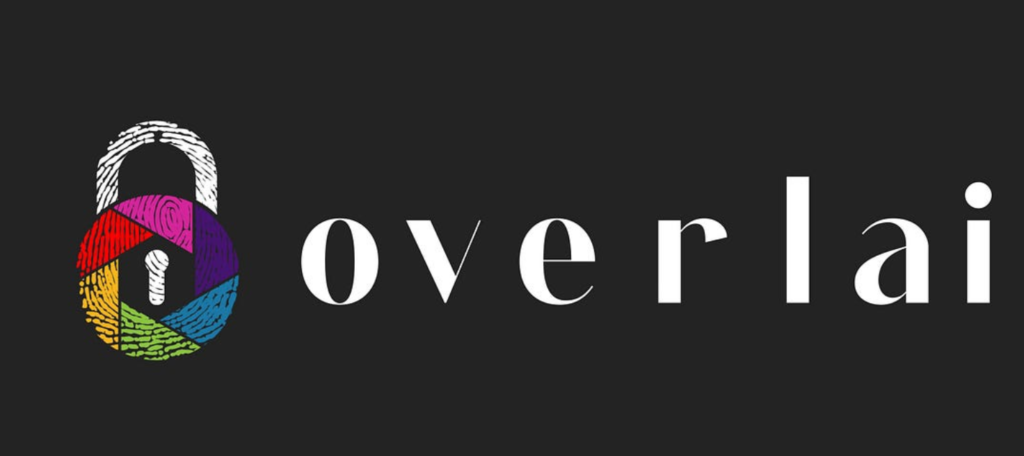Overlai, has announced the beta launch of its mobile app and Adobe extension for safeguarding intellectual property rights and digital property on the Aptos blockchain.

The technology scans media and imprints its metadata with an “invisible watermark.” The Aptos blockchain records this invisible watermark, thereby establishing an immutable record of proprietorship.
The ownership of the media is maintained regardless of the number of times it is compressed, captured via captures, or converted, and it remains constant regardless of its location on the internet or elsewhere, according to project spokespersons.
Luke Neumann, the CEO and co-founder of Overlai, stated that the organization’s objective is to serve as a comprehensive resource for safeguarding intellectual property and copyright in the digital era.
“Our hope is that this platform will build a new standard for ingredient tracking, royalty payments, and provenance. Our partnership with Aptos is essential, and their expertise in this space has been used to leverage blockchain technology into a crucial role in the future of content on the internet.”
Overlai’s mission is fundamentally concerned with safeguarding artists and creatives from AI scraping, a process in which artificially intelligent programs and algorithms seek the internet and utilize media to train the AI.
Neumann stated, “Overlai’s end-to-end decentralized infrastructure will enable the next phase of ethically sourced models by enabling creators to opt in or opt out of AI training.”
AI training methods are involuntary, and AI operators generally do not obtain the consent of a piece of media or intellectual property’s creators, royalty holders, or stakeholders before using it for AI training purposes.
According to reports, Overlai’s products prevent AI scraping by issuing a “do not train” C2PA manifest as a perpetual, all-encompassing safeguard to prevent AI-scaping programs from utilizing the protected media for content generation or training.
Avery Ching, the chief technology officer at Aptos Labs, echoed Neumann’s sentiment and emphasized the significance of safeguarding content creators. “It is crucial to ensure that creators can maintain ownership of their assets and feel empowered by AI, rather than inhibited by it,” Ching stated.
